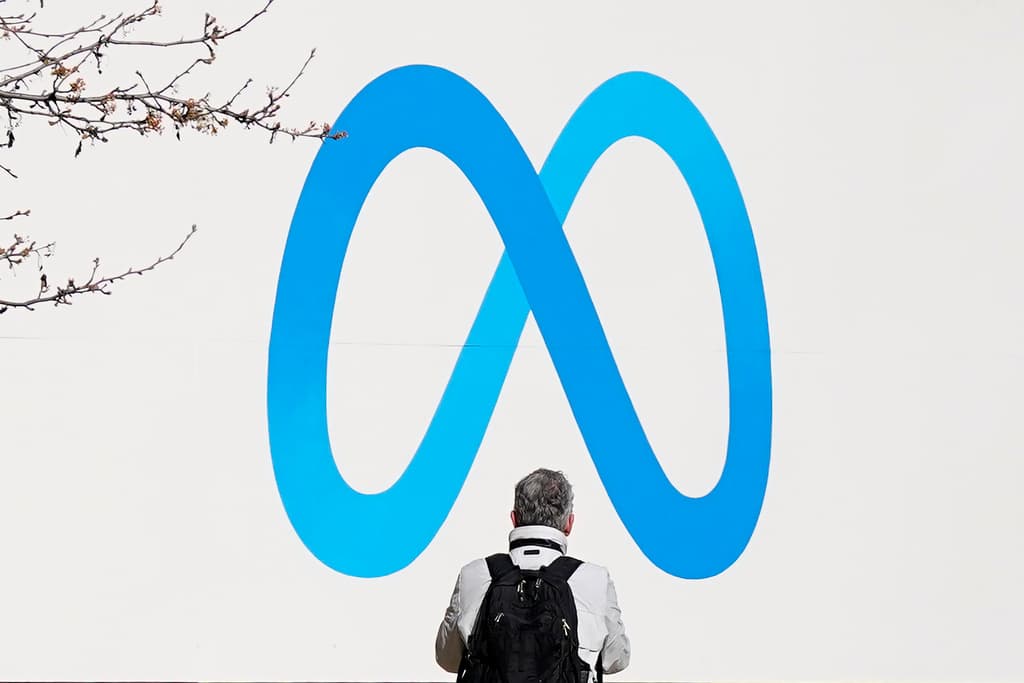Meta, which among other things owns Facebook and Instagram, introduced a new subscription model last year that made it possible to pay to avoid advertising.
The model was reported to the EU's network of consumer authorities, CPC, which is now directing several demands at the company.
It was last autumn that users were asked to make a choice to continue using some of the company's services. Either users could accept that Meta collected personal data for targeted advertising, or users could pay to avoid advertising altogether.
Several European consumer organizations, including Sweden's consumers, considered the move to be a form of coercion, and reported Meta to CPC. Now the EU network is announcing that it has identified several points that "potentially" may breach two EU directives.
CPC assesses, among other things, that Meta uses language that is too "imprecise", and that the company "pressured" users to make a decision without sufficient warning that the new payment model was on its way.
Meta now has until September 1 to report measures, otherwise the company may face sanctions.






